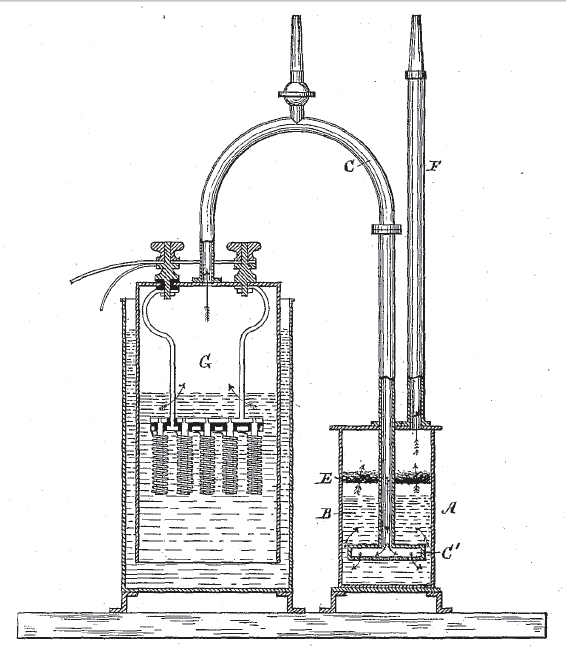Wouldn't it then be: Santa Claustrophobic?It's a twist on the word claustrophobic to mean scared of Santa rather than confined spaces.
Why does Santa always say HO HO HO?

Wouldn't it then be: Santa Claustrophobic?It's a twist on the word claustrophobic to mean scared of Santa rather than confined spaces.

Wouldn't it then be: Santa Claustrophobic?
As in https://dictionary.cambridge.org/dictionary/english/free-house ?Bittersweet:
As a child, when we went on road-journeys, we would reasonably frequently go past buildings labelled prominently with the term "Free House".
I always wondered why we couldn't just go and live in one of them, because most of them looked bigger and nicer than the house my family lived in.
Yes. A cause of great disappointment. Not only were the buildings not gratis, but neither were the beverages that were available within the building.
masturbationWhat is the highest form of flattery?
I didn't qualify this joke, although it's clearly bad, being posted on a German/English board朝食失敗して、ちょーショック!
Arigatou for the explanation. I usually use this to decipher kana: https://jisho.orgI didn't qualify this joke, although it's clearly bad, being posted on a German/English board
In case anyone cares enough, it translate to: I failed breakfast, what a shock! The play on words is on "breakfast" sounding the same as "what a shock!" (Both pronounced as "chou-shoku"; the first two characters, and the characters after "、").
Glad I appear to have kicked off some actually funny ones though

